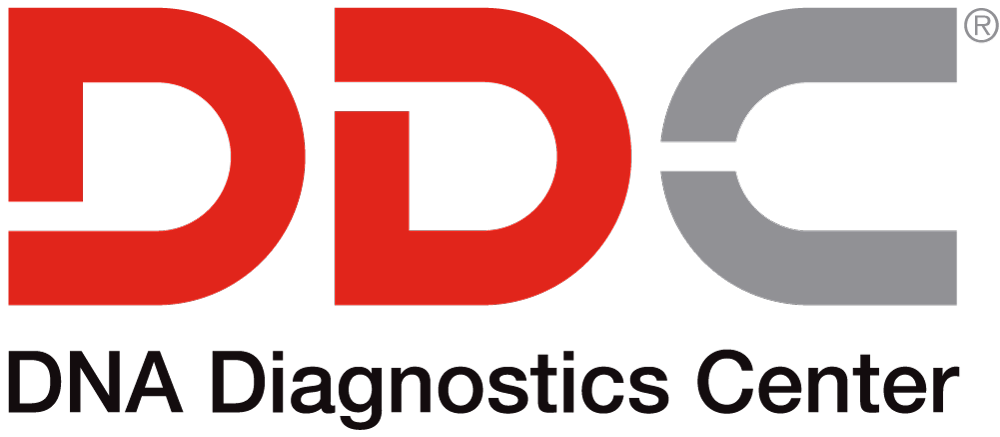JANUARY 15, 2021
Assessing Accuracy: How Often Are DNA Tests Wrong?

Thanks to at-home DNA tests, establishing paternity has never been easier or more affordable. Yet, there are still people who are reluctant to take the test and find out the truth. Parents may be worried about how it will affect their personal relationships or their finances. They may just not want to deal with knowing for sure because of the potential for emotional pain. On the other hand, there are many adult children who are anxious to find out the truth about their paternity and can’t wait to test! If you’re on the fence about whether or not you want to do a paternity test, here are three crucial reasons why you should bite the bullet and make the decision to finally go ahead and do it.
CALL NOW#1: Accessing Rights Connected to Paternity
A minor or adult child can be named as a beneficiary for specific benefits, but being entitled to receive them can often depend on proof of a legal biological relationship. This is why it’s crucial to establish legal paternity as soon as possible. What kind of benefits can be affected by proof of paternity? Here’s a sampling:
- Life insurance
- Veteran’s benefits
- Social Security
- Inheritance
There have been several high-profile celebrity cases, such as Prince, when paternity was not established before death. Several potential heirs made claims that turned out to not be true, but created a lot of unnecessary stress for the families involved. In order for paternity test results to be legally binding and entitle a child to the above benefits, DNA collection must be witnessed by an approved and impartial third-party and follow a chain-of-custody process to ensure that no fraud has taken place. We never know what life has in store for us, so when there are important benefits like this on the line, why wait?
#2: Paternity Testing Helps Compile your Family Medical History
Genetics play an important role in determining whether or not a person is at a greater risk of specific diseases than the population at large, as acknowledged by the modern medical community.
“Although there are many possible causes of human disease, family history is often one of the strongest risk factors for common disease complexes such as cancer, cardiovascular disease, diabetes, autoimmune disorders, and psychiatric illnesses” (NCBI).
Being raised by a loving stepfather or adoptive parent does not protect a child from the possible health issues they may have inherited from their biological roots. Knowing both biological parents’ family- health histories may someday help in the diagnosis and treatment of a child, so establishing that link with a paternity test can be crucial to a child’s health.
GET A FREE EXPERT CONSULT#3: Paternity Testing Establishes a Sense of Identity
Sometimes it’s not in the best interest of the child to have a relationship with their biological father and sometimes it just may not be possible. That being said, experts agree that it’s nevertheless important for children to know who they are biologically connected to. Knowing with whom they share DNA establishes a basic sense of who they are and their place in the world. Once that knowledge is in place, children can layer and enrich their lives by adding further close relationships with role models: grandparents, stepparents, aunts, uncles, teachers, etc. At DDC, we regularly hear from customers who have been searching for their biological fathers for decades, even though they have loving relationships with their mothers, stepparents, and other important people in their lives. There is still a nagging desire to get the full picture about where they came from. So don’t wait—it’s crucial to establish paternity now if the opportunity arises.
How to Establish Paternity
You may have your own crucial reasons for wanting to establish paternity that are very different from the most common ones listed here. Whatever your unique motivation may be to test, be sure to go with a trusted, accredited lab like DDC to perform the testing. The answer to the question of paternity is just too important to leave to chance. When you order an at-home DNA paternity test kit from DDC, we’ll ship the complete kit to you. You’ll collect the DNA in the comfort of your own home with a simple cheek swab, then mail it directly to our laboratory for processing. Results are available online as quickly as 24 hours after testing begins. Or if you need to know paternity for legal reasons, order our Legal Paternity Test.
About DNA Diagnostics Center (DDC)
DNA Diagnostic Center is the world leader in paternity and relationship testing. We serve healthcare professionals, government agencies, and individuals around the world to determine family relationships with trusted accuracy.
More Questions? Don’t hesitate to call us: we’re here to help!
CALL NOW




